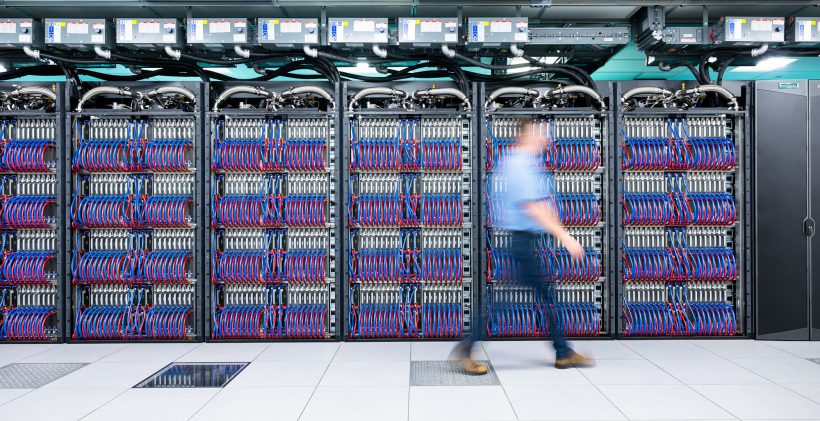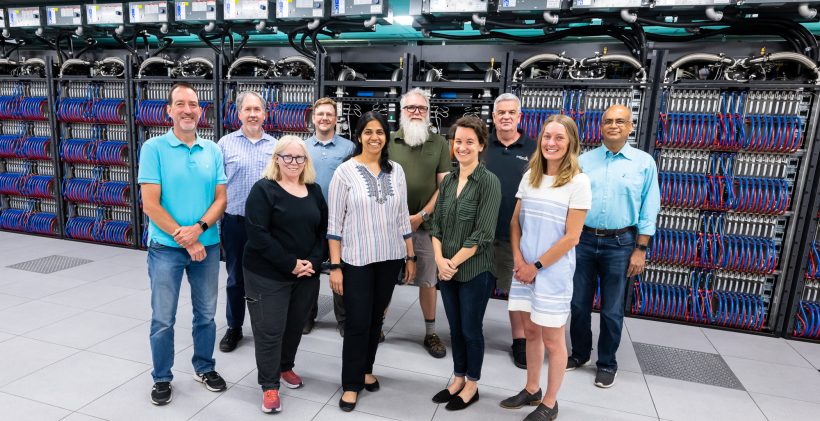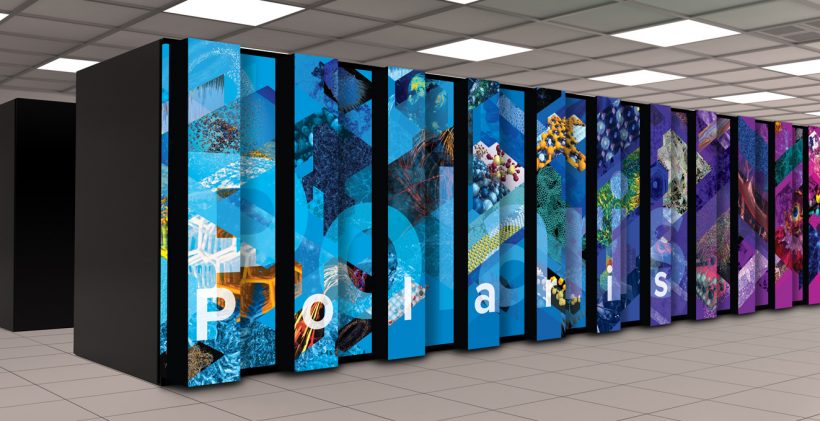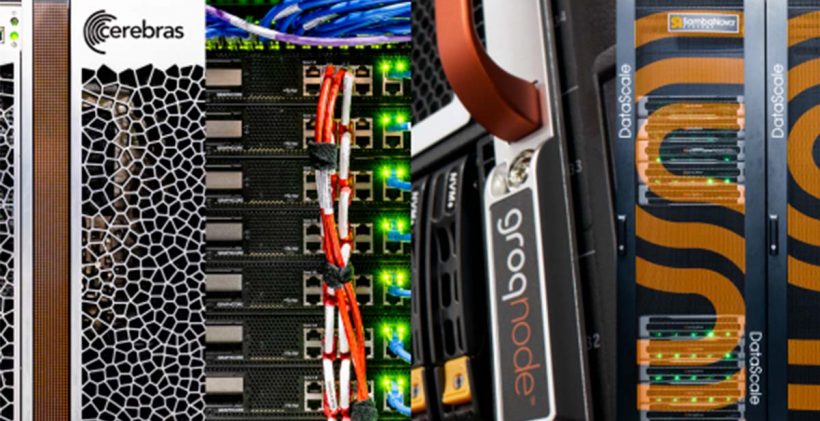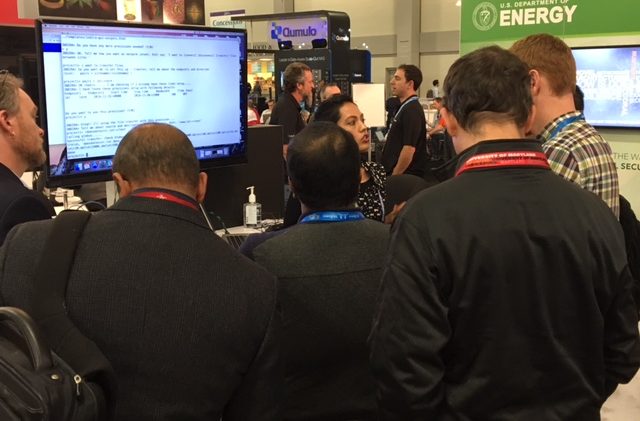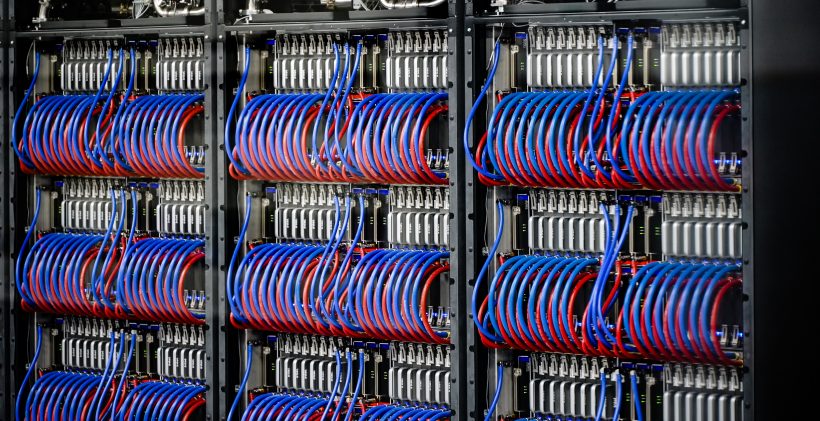Accelerating Cancer Research with HPC
HPC is changing the landscape of cancer research. Hear Argonne experts and partner panelists discuss HPC’s impact on this critical work at two Computational Approaches for Cancer Workshop talks, Anti-Cancer Drug Response Prediction on Patient-Derived Xenografts: Learning from Extremely Limited Data and Cross-HPO: Optimizing Neural Networks for Cancer Drug Response Using Hyperparameter Tuning on Multiple


